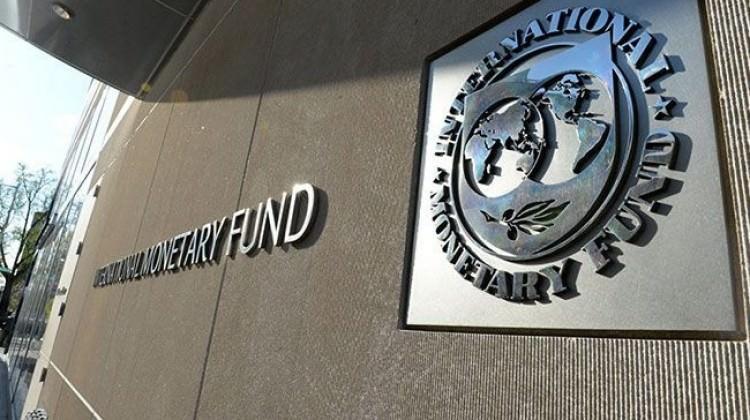The International Monetary Fund (IMF) has lauded Zimbabwe's economic reforms but warned they might take time to bear fruit since they were meant to correct mistakes that happened over two decades.
IMF country representative Dr Peter Amir Iman said Harare ought to continue with the reform trajectory focusing on key areas such as agriculture and mining, which he described as central to economic turnaround.
Dr Iman said this yesterday while addressing stakeholders who included businessmen and diplomats during the launch of the Chatham House Africa Programme research paper on Zimbabwe's Vision 2030.
The paper discusses strategies and policies on the implementation of the Transitional Stabilisation Programme (TSP), a two-year economic blueprint which runs from October 2018 to December 2020.
He said it was critical to note that Zimbabwe's new dispensation was paying a price for the economic challenges experienced over the past two decades.
"It is very time consuming, the costs are now and benefits are later. I think the authorities are doing what they can in the circumstances. A lot of mistakes have been made and they are trying to correct them and our hope is that they will continue on the reform path. But, fundamentally, the issue is not purely economics but what happens behind economics and we need to fix that," said Dr Iman.
"We are paying the price for our past mistakes. When it comes to energy, we must not focus on the next six months on how to get energy. We should have a coherent energy strategy for the next three or four decades. We should fix it once and for all and my sense is that authorities are starting to work on it."
Dr Iman said Zimbabwe ought to address macro-economic issues, adding that even if the country achieved stability next year, people should not expect quick economic growth "if we do not address underlying problems".
"Fundamentally, if we do not address the issue of agriculture, mining we will not have recovery in the economy and bounce in the good olden days," he said.
Dr Iman implored the private sector to collaborate with the Government saying business could not succeed without policymakers.
"It is clear that there must be a symbiotic relationship between Government and the private sector; one cannot live without the other. I have told the private sector that you need the Government, you need a Government entity that provides key basic and public goods," he said.
Speaking at the same occasion, Zimbabwe Business Club representative Mr Caleb Dengu implored Government to remove "irritators", issues he said required little or no money at all.
Some of them included rent-seeking behaviour where some bigwigs did not want to pay for services like parking and toll gates among others.
"My conviction is that despite trials and tribulations and the negative image by which Zimbabwe is presented to the world, we are still a country that believes in fairness, equality of opportunities for all and what our hard-won independence stands for," said Mr Dengu.
Nedbank Zimbabwe managing director Dr Charity Jinya implored the Government to conclude the issue of security of tenure of land.
She said that would go a long way in making sure that farmers accessed support from financial institutions.
Zimbabwe and the IMF have agreed on a Staff Monitored Programme (SMP) which is being used by the Government to implement and monitor key policies outlined in the TSP.
Dr Imam recently said if implemented successfully, the SMP will put Zimbabwe "on a sustainable growth trajectory and help build a track record of sound economic policies as it seeks to normalise its relations with external creditors".
- zimpapers
 Top Zimbabwe business executive arrested for fraud
Top Zimbabwe business executive arrested for fraud  South Africa is in serious trouble
South Africa is in serious trouble  US halts visa services for Zimbabwean nationals
US halts visa services for Zimbabwean nationals  ZSE and VFEX recover after weak 1st half
ZSE and VFEX recover after weak 1st half  Gold edges up as traders await guidance
Gold edges up as traders await guidance  Zimbabwe Agricultural Show 2025 kicks off
Zimbabwe Agricultural Show 2025 kicks off  Young Investment Professional (YIP) Graduate Programme 2019
Young Investment Professional (YIP) Graduate Programme 2019 










 Young Investment Professional (YIP) Graduate Programme 2019
Young Investment Professional (YIP) Graduate Programme 2019
Editor's Pick